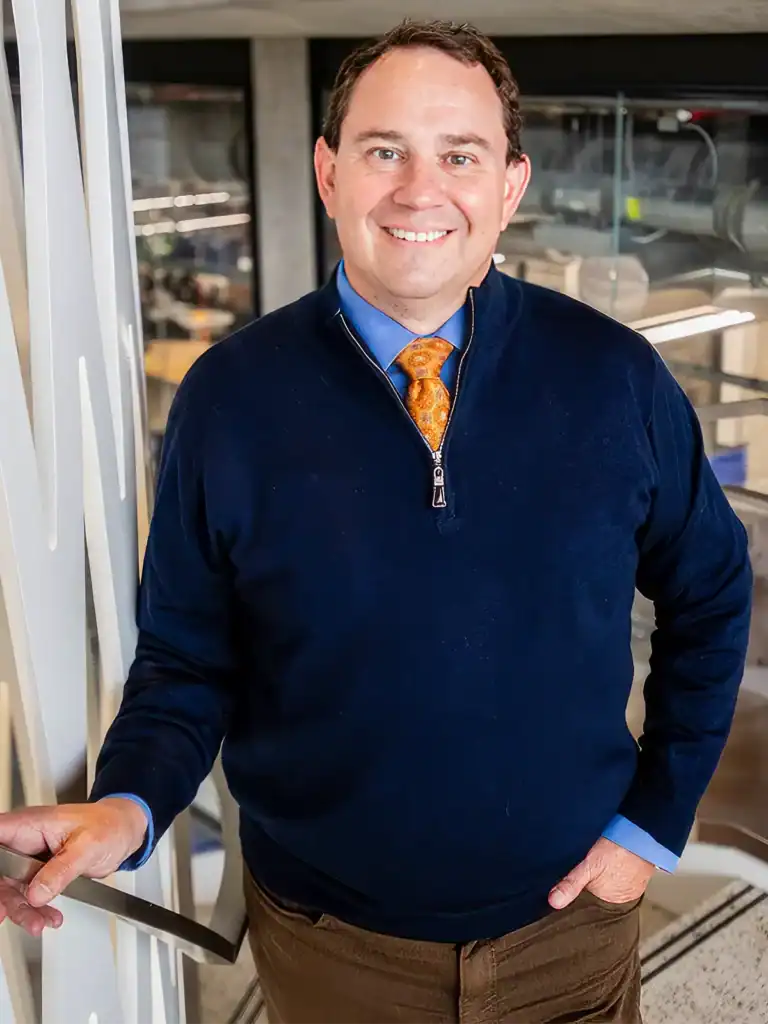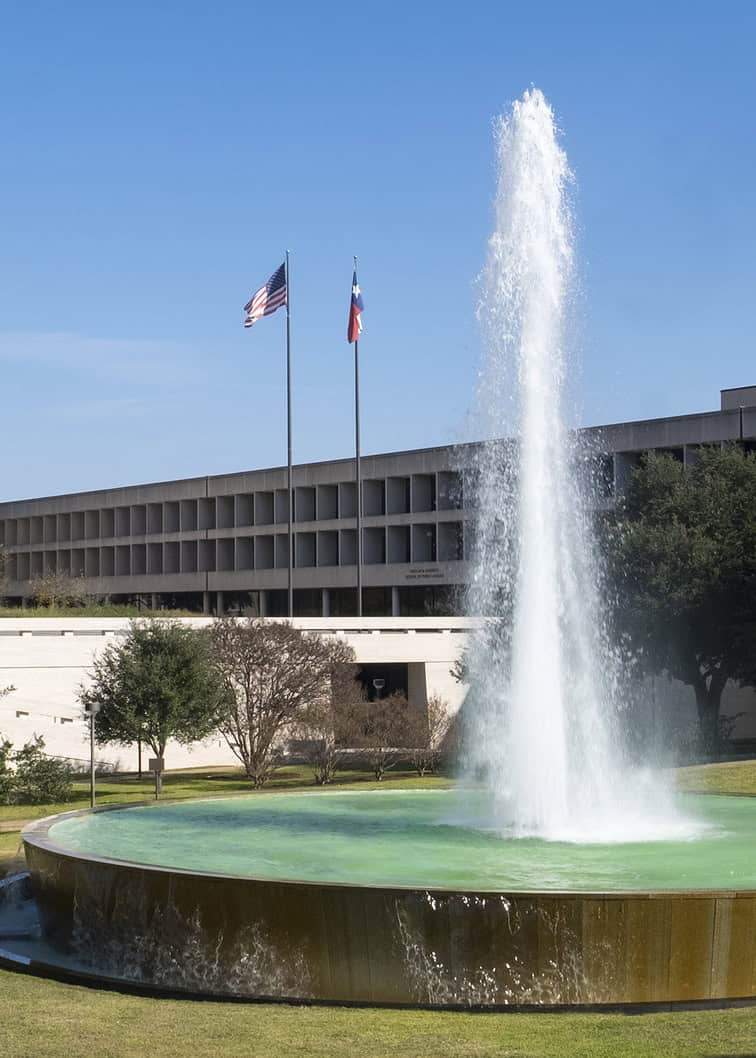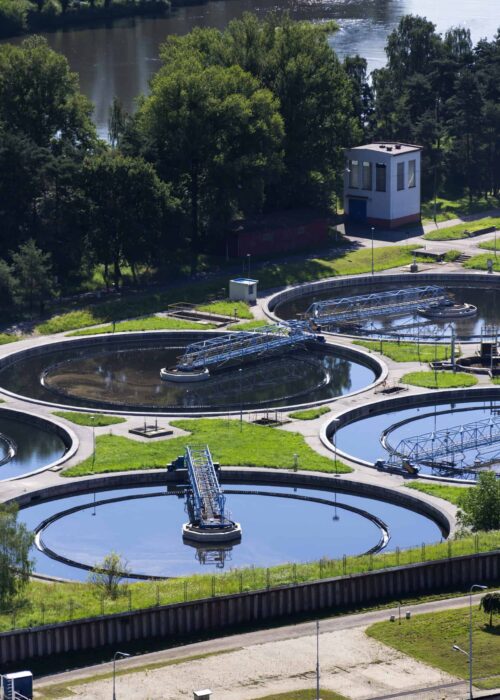About Resourcefulness
Energy and water power every aspect of our lives. From turning on the lights to turning on the tap, we depend on these interconnected systems every day. Yet climate pressures, population growth, and rising demand are putting them under strain. At the same time, a critical STEM workforce gap is leaving industries around the world without enough skilled people to meet these challenges.
Resourcefulness was created to respond to this need. Our mission is to empower people everywhere with the knowledge, skills, and mindset to use energy and water wisely — and to power a more sustainable future.
Created by global energy expert Dr. Michael E. Webber at The University of Texas at Austin, this educational program is designed to close the STEM skills gap while inspiring people to make smarter choices — for their careers, their communities, and the planet.

About the Resourcefulness Digital Badge
Resourcefulness was initially developed to help close the STEM workforce gap. Today, the Resourcefulness Digital Badge continues that legacy – offering learners everywhere an accessible, recognized credential backed by The University of Texas at Austin.
Participants who complete the free course earn the Resourcefulness Digital Badge, a recognized credential that demonstrates achievement and readiness for opportunities in the energy and water sectors. The badge can strengthen college applications, support career entry, or demonstrate expertise for advancement in industry.
The Resourcefulness Digital Badge is designed to fit your life while preparing you for the future.
- Learn at your own pace – complete modules whenever it works for you.
- Accessible anywhere – fully online and open to learners around the world.
- No cost, no barriers – free to take, with a credential you can keep.
- For every learner – students, educators, professionals, and community leaders alike.
- Career-ready – add the badge to your resume or LinkedIn to show future employers you’re prepared to solve energy and water challenges.
Stand out with a credential that proves your skills and prepares you to shape a more sustainable future.
About Dr. Michael E. Webber
Dr. Michael E. Webber is the Sid Richardson Chair in the LBJ School of Public Affairs and the Cockrell Family Chair #16 in the department of mechanical engineering at the University of Texas at Austin. In addition to his role as a faculty member, from August 2021 to September 2024, Webber served as CTO of Energy Impact Partners, a $5 billion venture fund focused on investments in cleantech and climate tech startups with the potential for deep decarbonization at speed and scale. Furthermore, from September 2018 to August 2021, Webber was based in Paris, France where he served as the Chief Science and Technology Officer at ENGIE, one of the world’s largest energy companies.
Webber’s works spans research and education at the convergence of engineering, policy, and commercialization on topics related to innovation, energy, and the environment. His group’s research tackles complex energy systems analysis with a deep record of expertise on the following: 1) grid reliability in the face of electrification and the rise of variable sources in a warming world, 2) the hydrogen sector and how it couples to other sectors such as the grid, transportation, and industry, 3) the built environment and 4) the food-energy-water-waste nexus. Among many executive advisory roles, he serves on the board of GTI Energy (an industry consortium formerly known as the Gas Technology Institute) and the Scientific Advisory Council for ENGIE in Paris, France.
Webber has authored or co-authored more than 600 publications, including five full-length general interest books, and holds 6 patents. His essays have been published in The New York Times, The Wall Street Journal, Washington Post, Scientific American and more. Webber’s scholarly articles have appeared in top journals such as Science, Nature, and Environmental Science & Technology.
His book Power Trip: the Story of Energy was published in 2019 by Basic Books with an award-winning 12-part companion series spread out over two seasons that aired on PBS, Amazon Prime, AppleTV, and in-flight entertainment on American Airlines. The series had more than 10,000 broadcasts in the United States and has been distributed in dozens of countries, ultimately reaching millions of viewers. His book Thirst for Power: Energy, Water and Human Survival was published in 2016 by Yale Press. An accompanying documentary Thirst for Power was released nationally on PBS starting April 1, 2025. Seasons 1 and 2 of Power Trip along with his documentary Thirst for Power and television special Energy at the Movies have been recognized with six Telly Awards (one gold, four silver, and one bronze) for excellence in television.
In 2024 Webber was selected for the Energy Thought Leader: Higher Education award by the American Energy Society and a three-year term as a Fulbright Technical Specialist by the U.S. State Department. He was selected in 2014 as a Fellow of ASME (the American Society of Mechanical Engineers), in 2018 as a member of the 4th class of the Presidential Leadership Scholars, which is a leadership training program organized by Presidents George W. Bush and William J. Clinton, and in 2022 for the Rockefeller Foundation’s prestigious writer’s residency in Bellagio, Italy. He was honored as an American Fellow of the German Marshall Fund and on four separate occasions by the University of Texas for exceptional teaching.
Webber holds a B.S. and B.A. from UT Austin, and M.S. and Ph.D. in mechanical engineering from Stanford University.


About the LBJ School
The Lyndon B. Johnson School of Public Affairs is committed to improving the quality of public service in the United States and abroad at all levels of governance and civic engagement. Our goals are to:
- Prepare students and professionals, from a variety of backgrounds, for leadership positions in public service by providing educational opportunities grounded in theory, ethics, analytical skills and practice;
- Produce interdisciplinary research to advance our understanding of complex problems facing society and to seek creative solutions for addressing them;
- Promote effective public policy and management practice by maintaining a presence in scholarly and policy communities and in the popular media;
- Foster civic engagement by providing a forum for reasoned discussion and debate on issues of public concern.
Credits
Resourcefulness*
by Dr. Michael E. Webber
The University of Texas at Austin
webberenergygroup.com
Author | Dr. Michael E. Webber
Producer | Juan Garcia
Design | Jeffrey M. Phillips
Editor | Coleman Tharpe
Copy Editor | Stacia Hernstrom
Quizzes | Dr. Isabella Gee
Translations | Addy Miro, Adriana Urgelles, Carolina Muñoz Castillo
Blog | Carolina Muñoz Castillo
For the LBJ School of Public Affairs | Pamela Foster Brady
*Portions of this text have previously appeared in Energy 101: Energy Technology & Policy © 2013 and in Thirst for Power: Energy, Water and Human Survival (Yale Press) © 2016 Michael E. Webber.






